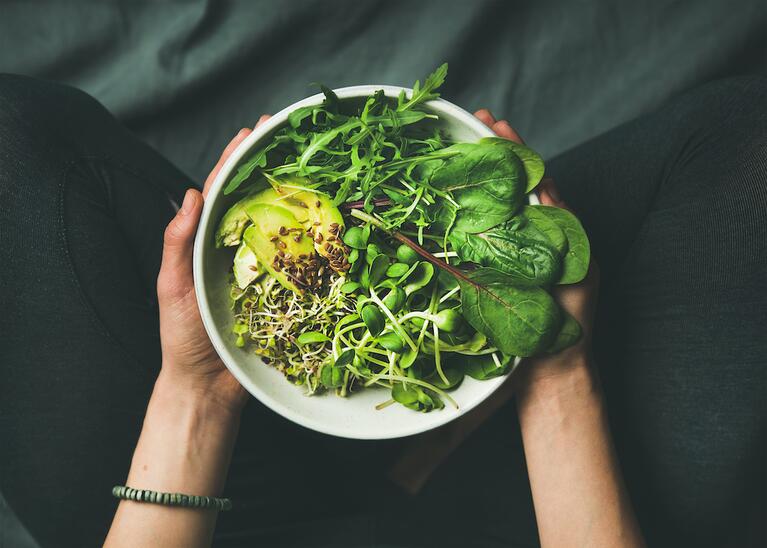Hotel marketing trend: the rise of wellness travel
Wellness escapes are the fastest-growing travel niche, outpacing the rest of the industry. We explore what the trend means for hospitality and how hotel brands can leverage it.
What is wellness tourism?
According to the Global Wellness Institute (GWI), wellness tourism is ‘travel associated with the pursuit of maintaining or enhancing one’s personal wellbeing’. It adds, ‘With so much unwellness embedded in today’s travel, wellness tourism brings the promise of combating those negative qualities and turning travel into an opportunity to maintain and improve our holistic health.’
What’s notable about its definition is that it’s not limited to the self. The rise of wellness tourism is concurrent with a global movement towards a more sustainable future for the industry. Among the most exceptional brands in the space (Six Senses, Mandarin Oriental, COMO), there is clear recognition that community and environmental wellbeing are a part of the concept that appeals to wellness travellers.
Fad or long-term opportunity?
In 2017, wellness tourism was said to represent a $639 billion market globally – a figure expected to rise to $919.4 billion by 2022. By cross-pollinating with wellness – an industry worth $4.5 trillion – the travel industry is seeing twice the rate of growth in this area than in the general market.
Wellness marketing was already ubiquitous pre-pandemic. Now after almost two years of disrupted life, it's expected that holistic health will come to be at the centre of consumer decision-making. A September survey by American Express found that almost half (49%) of UK consumers would be willing to spend more on a wellness trip, and 83% feel that travel has a positive impact on their mental health. It may be that as wellness tourism booms, it ceases to be a genre of travel but rather a reimagining of what getting away means to us.
Who does it appeal to?
The GWI categorises two types of wellness traveller: primary wellness travellers whose plans will be framed around improving their wellbeing, and secondary wellness travellers who will dip in and out in a less immersive way. The latter group is far larger – making up 89% of the total market.
Certainly wellness resonates with the affluent, particularly as we see luxury hospitality evolving to become more experiential. Abercombie & Kent founder Geoffrey Kent recently ventured that post-covid, elite travellers will be seeking out nature and human connection, placing more importance on ‘life experiences over luxury purchases’.
But the notion of travelling for wellbeing speaks to a broad audience; Visit Scotland’s latest campaign is focused on the calming benefits of slow tourism. The film brings to mind the hugely successful meditation app Headspace, who incidentally, have partnered with Hyatt to provide mindfulness and sleep exercises via the World of Hyatt app.
The wellness travel trends to know
Burnout, unboundaried professional and home lives, insomnia and the sedentary nature of remote working are some of the concerns that still prevail as we return to something like normal. At the same time, long periods of limited to no travel have clarified what it is that makes the pull of exploring so strong, which for some, is the potential for personal transformation, or at the least a complete escape from daily stressors.
What many people want from hospitality goes beyond the sybaritic: sleep enhancement, digital disconnection, nourishing cuisine, customised journeys and time in nature, much of which can be embraced in some shape by hotels across the board.
The guest experience begins with the website and social media channels. When it comes to marketing, hotel brands can set the right tone by using richer storytelling and more meaningful content, adding depth and conveying values. A wellness aesthetic has emerged too; light-filled, breezy interiors that bring the outdoors in with air-purifying greenery. Website design should be well balanced, uncluttered and easily navigable for soothing UX.
Adapting to the changing motivations of travellers is essential for hotel brands. By embracing the appetite for wellness even in a small way, businesses will find new opportunities to brand-build, connect with a new market and ultimately, increase bookings.
We help help hotels reach their audience and generate revenue across all media. Discover how we can help you with your hotel marketing.
